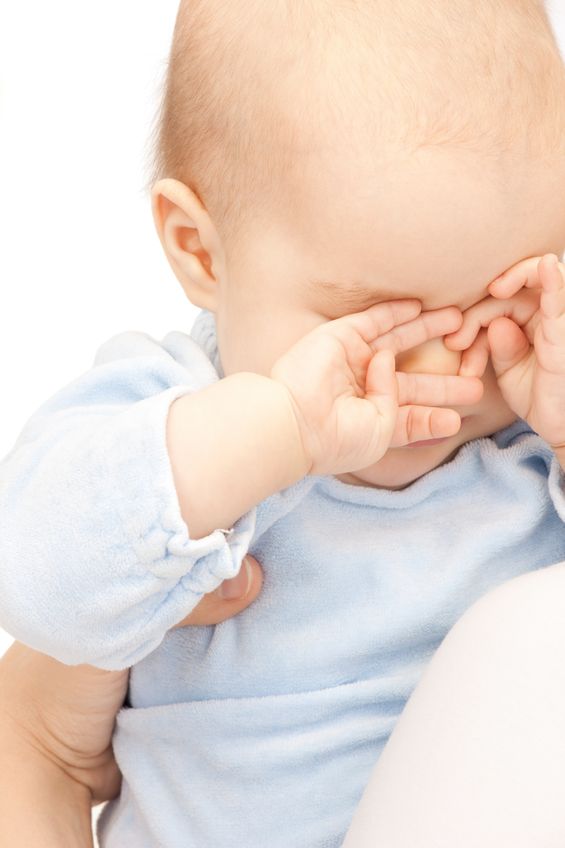Our sleep patterns naturally change throughout life, as well as sleep habits depending on our age. You may find yourself waking up earlier or staying up later than you did in the past. Also, as we age we become more vulnerable to specific sleep disorders, such as delayed sleep phase syndrome, sleep apnea and insomnia.
No matter what age we are, there are 2 alternating types of sleep to every cycle: non-rapid eye movement (NREM), or quiet sleep, which is when tissue growth and repair occur; and rapid eye movement (REM) sleep, which is when our brain is active, memories are consolidated, and dreaming occurs.
Children And Sleep
Children need a lot of sleep and it is critical that they get it. Newborns sleep an average of 16-18 hours a day and toddlers sleep about 12-14 hours a day. Typically, 40% of a childhood is spent sleeping. Even 12-year adolescents should still be sleeping 10-11 hours every day.
Unlike older children and adults, babies spend as much as half of their total sleep in the REM stage and can go directly into REM sleep from wakefulness. By age 2, children will have reached the same relative length of REM sleep they will need for the rest of their lives. Young brains are in a developmental stage, thriving off of sleep to help solidify the things learned during the day. Infants are learning a lot of new material.
Children also spend a lot of time in NREM, or slow-wave sleep, as the body restores itself. During this stage, important hormones for growth and development are released, blood supply to the muscles increases, and tissue growth and repair occurs.
Teenagers And Sleep
It is common for teenagers to have a troubled relationship with sleep. They need at least 8.5 hours of sleep a night, but physical, emotional and social changes can hinder that ability.
A natural shift in the internal clock occurs after puberty, causing it to be difficult to fall asleep sometimes before 11 p.m. It can be exaggerated in 1 in 6 teenagers, resulting in delayed sleep phase syndrome.
Adults And Sleep
Typically, adults need 7-9 hours of sleep a night, but varies depending on the person. Adults should pay attention to their rhythms and what feels right to them. It is important to get the proper length of sleep that leaves them feeling refreshed and alert.
This stage is also the time when some people began to experience sleep disorders. Risks for restless syndrome, sleep apnea, and insomnia began to increase as people age. Women have a unique set of sleep disruptions, such as menstruation, pregnancy and menopause.
Seniors And Sleep
Sleep disorders are very common in this of life because some chronic conditions have side effects that can disrupt seniors’ sleep. Often times seniors aren’t able to maintain quality sleep, causing chronic sleep deprivation and for them to nod off during the day.
Seniors are also more likely to experience a natural shift in their internal clock that doctors call advanced sleep phase syndrome, in which they begin going to bed earlier and getting up earlier in the morning.
What’s clear about sleep in all stages of life is that we can’t go without it. Remember that sleep quality is just as important and sleep quantity. Promote healthy sleep habits for yourself and your family and reap the benefits!



No comments yet.